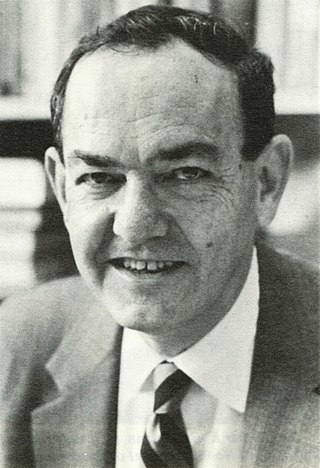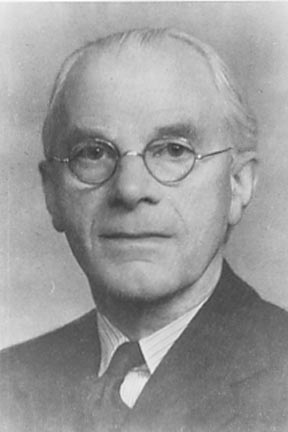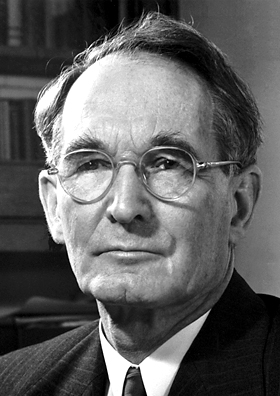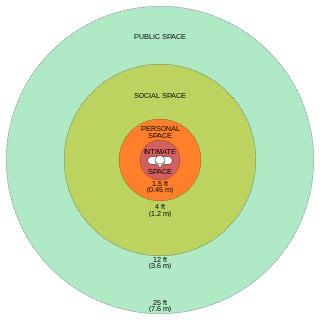
Herbert Alexander Simon was an American political scientist whose work also influenced the fields of computer science, economics, and cognitive psychology. His primary research interest was decision-making within organizations and he is best known for the theories of "bounded rationality" and "satisficing". He received the Nobel Memorial Prize in Economic Sciences in 1978 and the Turing Award in computer science in 1975. His research was noted for its interdisciplinary nature and spanned across the fields of cognitive science, computer science, public administration, management, and political science. He was at Carnegie Mellon University for most of his career, from 1949 to 2001, where he helped found the Carnegie Mellon School of Computer Science, one of the first such departments in the world.

The scientific method is an empirical method for acquiring knowledge that has characterized the development of science since at least the 17th century It involves careful observation, applying rigorous skepticism about what is observed, given that cognitive assumptions can distort how one interprets the observation. It involves formulating hypotheses, via induction, based on such observations; the testability of hypotheses, experimental and the measurement-based statistical testing of deductions drawn from the hypotheses; and refinement of the hypotheses based on the experimental findings. These are principles of the scientific method, as distinguished from a definitive series of steps applicable to all scientific enterprises.

Philosophy of science is a branch of philosophy concerned with the foundations, methods, and implications of science. The central questions of this study concern what qualifies as science, the reliability of scientific theories, and the ultimate purpose of science. This discipline overlaps with metaphysics, ontology, and epistemology, for example, when it explores the relationship between science and truth. Philosophy of science focuses on metaphysical, epistemic and semantic aspects of science. Ethical issues such as bioethics and scientific misconduct are often considered ethics or science studies rather than the philosophy of science.
An operational definition specifies concrete, replicable procedures designed to represent a construct. In the words of American psychologist S.S. Stevens (1935), "An operation is the performance which we execute in order to make known a concept." For example, an operational definition of "fear" often includes measurable physiologic responses that occur in response to a perceived threat. Thus, "fear" might be operationally defined as specified changes in heart rate, galvanic skin response, pupil dilation, and blood pressure.

Herbert Dingle was an English physicist and philosopher of science, who served as president of the Royal Astronomical Society from 1951 to 1953. He is best known for his opposition to Albert Einstein's special theory of relativity and the protracted controversy that this provoked.

Pragmatism is a philosophical tradition that views language and thought as tools for prediction, problem solving, and action, rather than describing, representing, or mirroring reality. Pragmatists contend that most philosophical topics—such as the nature of knowledge, language, concepts, meaning, belief, and science—are all best viewed in terms of their practical uses and successes.

Percy Williams Bridgman was an American physicist who received the 1946 Nobel Prize in Physics for his work on the physics of high pressures. He also wrote extensively on the scientific method and on other aspects of the philosophy of science. The Bridgman effect, the Bridgman–Stockbarger technique, and the high-pressure mineral bridgmanite are named after him.
The year 1928 in science and technology involved some significant events, listed below.

Deutsche Physik or Aryan Physics was a nationalist movement in the German physics community in the early 1930s which had the support of many eminent physicists in Germany. The term was taken from the title of a four-volume physics textbook by Nobel laureate Philipp Lenard in the 1930s.

In research design, especially in psychology, social sciences, life sciences and physics, operationalization or operationalisation is a process of defining the measurement of a phenomenon which is not directly measurable, though its existence is inferred from other phenomena. Operationalization thus defines a fuzzy concept so as to make it clearly distinguishable, measurable, and understandable by empirical observation. In a broader sense, it defines the extension of a concept—describing what is and is not an instance of that concept. For example, in medicine, the phenomenon of health might be operationalized by one or more indicators like body mass index or tobacco smoking. As another example, in visual processing the presence of a certain object in the environment could be inferred by measuring specific features of the light it reflects. In these examples, the phenomena are difficult to directly observe and measure because they are general/abstract or they are latent. Operationalization helps infer the existence, and some elements of the extension, of the phenomena of interest by means of some observable and measurable effects they have.

Positivism is a philosophical school that holds that all genuine knowledge is either true by definition or positive—meaning a posteriori facts derived by reason and logic from sensory experience. Other ways of knowing, such as intuition, introspection, or religious faith, are rejected or considered meaningless.

The history of computer science began long before the modern discipline of computer science, usually appearing in forms like mathematics or physics. Developments in previous centuries alluded to the discipline that we now know as computer science. This progression, from mechanical inventions and mathematical theories towards modern computer concepts and machines, led to the development of a major academic field, massive technological advancement across the Western world, and the basis of a massive worldwide trade and culture.
The philosophy of information (PI) is a branch of philosophy that studies topics relevant to information processing, representational system and consciousness, cognitive science, computer science, information science and information technology.
The history of the social sciences has origin in the common stock of Western philosophy and shares various precursors, but began most intentionally in the early 19th century with the positivist philosophy of science. Since the mid-20th century, the term "social science" has come to refer more generally, not just to sociology, but to all those disciplines which analyze society and culture; from anthropology to psychology to media studies.
The following outline is provided as a topical overview of science; the discipline of science is defined as both the systematic effort of acquiring knowledge through observation, experimentation and reasoning, and the body of knowledge thus acquired, the word "science" derives from the Latin word scientia meaning knowledge. A practitioner of science is called a "scientist". Modern science respects objective logical reasoning, and follows a set of core procedures or rules to determine the nature and underlying natural laws of all things, with a scope encompassing the entire universe. These procedures, or rules, are known as the scientific method.

The Percy W. Bridgman House is an historic house at 10 Buckingham Place in Cambridge, Massachusetts, United States. It is a National Historic Landmark, notable for its associations with Dr. Percy Williams Bridgman, a physicist, Nobel Prize winner, and Harvard University professor. It is now part of the Buckingham Browne & Nichols (BBN) Lower School campus.
An index list of articles about the philosophy of science.